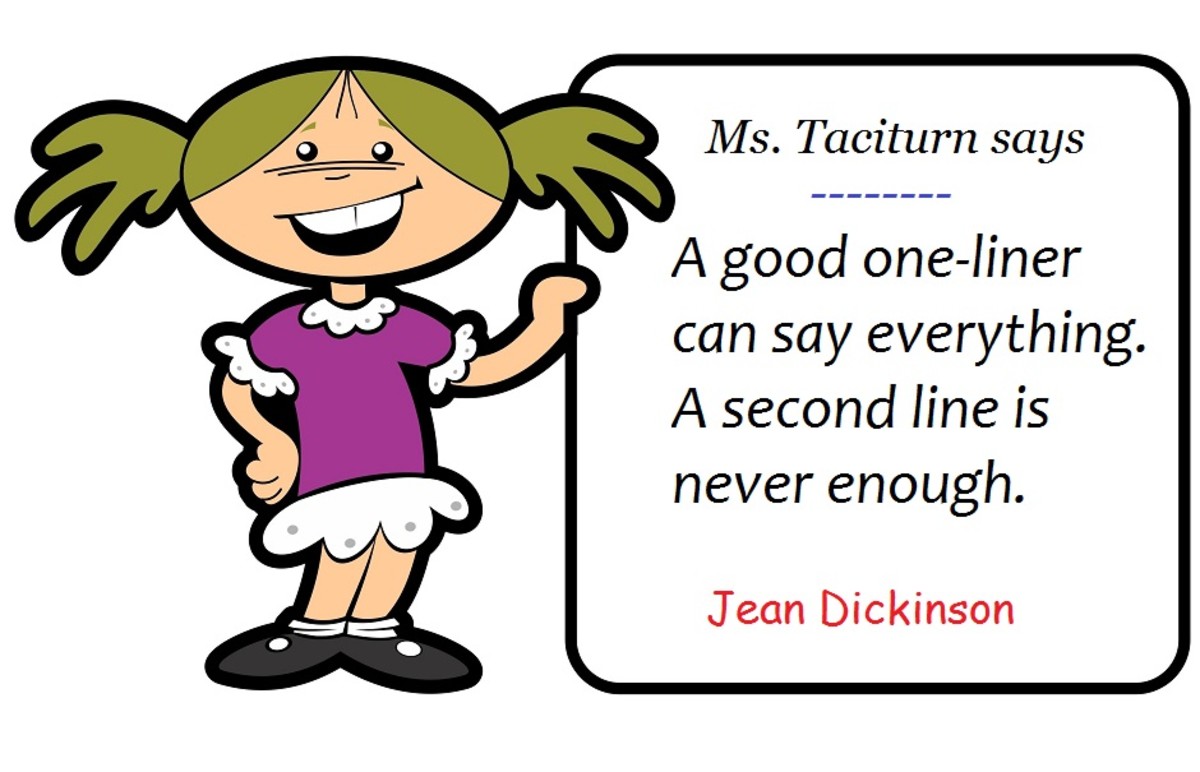- HubPages»
- Gender and Relationships»
- Relationship Problems & Advice»
- What is Love?
Not Your Ordinary Definition of Love

I recently read 500 maxims by Francois de La Rochefoucauld (1613-1680).
I wish I hadn't because I found his love maxims almost too shocking for words.
La Rochefoucauld, also known as Francois VI, was a French duke, prince, ladies’ man, and a writer. Married at fifteen, wounded three times in battle, and friendless in later life, Francois VI published his maxims anonymously in 1665 when he was 52. He would revise and add to these maxims for the rest of his life, but his overall definition of love was a scandal.
I blame his battle wounds and lack of friends.
Francois’ love maxims will amuse, edify, and ultimately astonish you. The comments that follow each Italicized maxim are completely my own and are subject to dispute, ridicule, and criticism. By reading this article, you will have a working definition of love that you will never find in any dictionary.
You may find it in your own relationships, but that's another story.
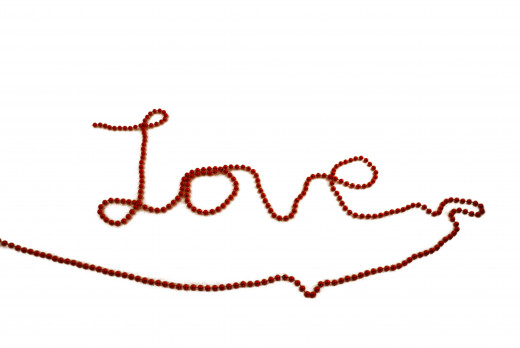
The love maxims of Francois de La Rochefoucauld
It is difficult to define love; all we can say is, that in the soul it is a desire to rule, in the mind it is a sympathy, and in the body it is a hidden and delicate wish to possess what we love--Plus many mysteries.
In other words, Francois had no idea what love was. He says, “It’s this, this, and that—Plus many mysteries.” It’s similar to saying, “Breakfast cereal is this, this, and that—but we really have no clue what breakfast cereal is.” Love to Francois evidently involved the soul’s desires, the mind’s sympathy, and the body’s wishes—“Plus many mysteries.” How vague of a definition can you present? We must read more maxims to see if Francois solves this apparent mystery.
If there is a pure love, exempt from the mixture of our other passions, it is that which is concealed at the bottom of the heart and of which even ourselves are ignorant.
In other words, Francois had no idea what “pure love” was either. If pure love is “concealed” and we are “ignorant” of it, how do we know pure love exists? It reminds me of “The Wedding Song" (also known as "There is Love”), which asks: “Do you believe in something that you’ve never seen before?” Where is love if I’ve never seen it before? If I can’t see it, how do I know it’s there? And if love is so “pure,” why doesn’t it reveal itself? Purity is in such short supply these days. You would think that pure love would hype itself at least on a late-night informercial.
There is only one sort of love, but there are a thousand different copies.
Francois, if you don’t define that one “sort of love” in your previous maxims, how can I fathom a “thousand different copies”? Copies of what, exactly? I’d be making a copy of a blank page. Please, Francois, define this word quickly.
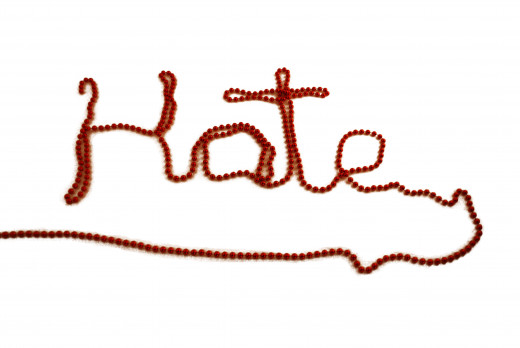
If we judge of love by the majority of its results it rather resembles hatred than friendship.
Now we’re cooking. Love resembles hatred. I have a fair idea of what hatred is. The Pretenders told us that “it’s a thin line between love and hate.” John Lyly told us that “the rules of fair play do not apply in love and war.” Thus, according to this maxim, love is contemptible loathing, revulsion, animosity, and disgust. Why, then, would anyone ever fall in love? It sounds quite harmful to the human psyche and worthy of pharmaceutical happiness and endless therapy sessions. We at least have a working, albeit outrageous, definition of love now.
Neither love nor fire can subsist without perpetual motion; both cease to live so soon as they cease to hope, or to fear.
Francois tried to compare love to fire. Many writers, poets, and novelists still do. I know about fire. Fire hurts, maims, destroys, and consumes. As far as I know, fire has no feelings of hope or fear. Fire has no conscience. Francois’ definition of love, so far so vague, has taken another nasty turn. Love is fiery hatred without a conscience. Please sign me up for this. Love sounds like so much fun.
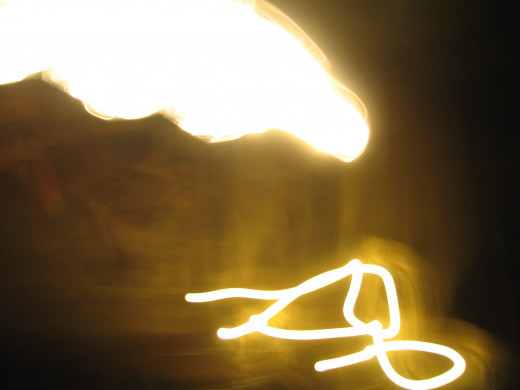
There is real love just as there are real ghosts; every person speaks of it, few persons have seen it.
Why write about love at all? Where is the empirical proof of love? Foreigner once sang, “I want to know what love is,” and so do I. But if I can’t see it, touch it, hold it, smell it, taste it, or in the case of ghosts, record it, photograph it, or hype it on the SyFy channel, what’s the point? So far, Francois’ definition of love worries me because he says love is undefinable, hateful, fiery, conscience-less, and ghostly. I hope he softens this forbidding definition soon.
The more we love a woman the more prone we are to hate her.
Francois isn’t softening anything. If this maxim is true, why love anyone at all? Francois, are you saying to love a person less so we’ll hate him or her less, and that in order to love him or her more we must hate him or her more? I doubt many people would ever say to their beloved, “I love you as much as I hate you. Therefore, we should get married.” Pat Benatar was right: “Love is a battlefield.”
It is impossible to love a second time those whom we have really ceased to love.
I am so confused. If love resembles hate, does this mean that it is impossible to hate a second time those we have ceased to hate? I know quite a few people who can hold grudges, some since they were in kindergarten. This maxim adds vindictiveness to Francois’ definition of love. William Congreve told us that “hell hath no fury like a woman scorned.” Perhaps Congreve was right.
We are nearer loving those who hate us, than those who love us more than we desire.
I thought my confusion couldn’t get any deeper, and yet he’s starting to make sense—sort of. If “loving” is “hating,” then we are nearer hating those who love us than those who hate us more than we desire. Or something like that. At least Francois is consistent in his obtuseness.
In love deceit almost always goes further than mistrust.
And now there’s deceit and mistrust in love. What a mess. Love is sounding like a soap opera. “Tell me lies, tell me sweet little lies,” Fleetwood Mac told us. “I love the way you lie,” Eminem and Rihanna told us. Maybe deceit is, indeed, a vital part of love.
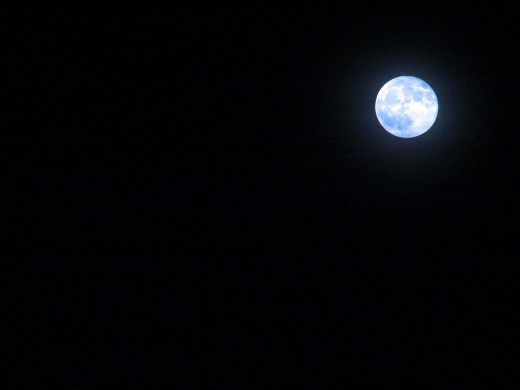
A gentleman may love like a lunatic, but not like a beast.
And now there’s lunacy in love. With the explosion of shape-shifting novels and movies involving ordinary boys and men becoming excessively hairy beasts, this is no surprise. “I see the bad moon arising,” Credence Clearwater Revival sang. “I see trouble on the way”—for love and lovers alike.
The violences we put upon ourselves to escape love are often more cruel than the cruelty of those we love.
And now love is so bad we wish to escape its cruelty. Why, then, would anyone wish to be “caught” in love? We should be in perpetual escape mode when it comes to love.
The struggle we undergo to remain faithful to one we love is little better than infidelity.
Love can lead to infidelity, too? Oh, this love is a beast I hope never to meet. I can’t, however, fault Francois’ logic here. If we never love someone, we can’t be unfaithful to him or her. It makes perfect sense.
All passions make us commit some faults, love alone makes us ridiculous.
Amen. This, I agree with. A person would have to be completely ridiculous to love, I mean, hate, I mean—I have no idea what I mean.
Of all the violent passions the one that becomes a woman best is love.
I sensed this maxim coming. Hatred leads to violence, and love is a form of hatred; therefore, love is also violent. Love is a violent passion. I wonder if there’s a cure for “Violent Passion Syndrome.” If this syndrome doesn’t exist now, it certainly should.

In their first passion women love their lovers, in all the others they love love.
Does this mean that women love their first lovers and hate every lover thereafter? I’ve heard it can happen. People are constantly comparing one lover to another. Or does this mean that women hate their first lovers and every lover thereafter? I’ve heard this can happen as well, and it doesn’t only apply to women. At any rate, there is entirely too much hate in Francois’ definition of love. This love/hate dichotomy is certainly depressing and confusing me.
However rare true love is, true friendship is rarer.
I agree wholeheartedly. Why, then, would anyone want to find true love if true friendship is rarer? True friendship sounds much less fiery, cruel, and dangerous than true love is. Whenever someone says, “Let’s just be friends,” we should embrace it, cherish it, and welcome it. We need to extol the virtues of that clichéd phrase.
The most just comparison of love is that of a fever, and we have no power over either, as to its violence or its duration.
Now love is a violent disease that gives us the runs, the sweats, and the chills. Does this mean that hot chicken soup is the cure for love? No wonder my mother fed me so much chicken soup when I was young. She was trying to save me from true love, God bless her.
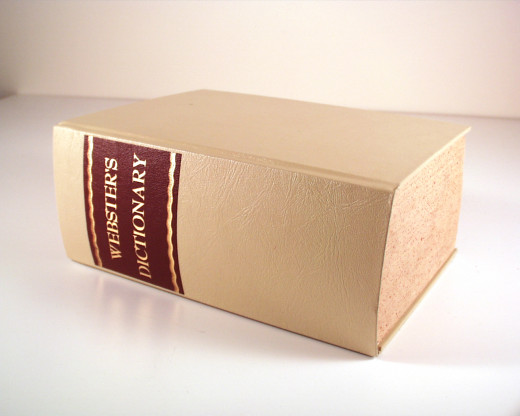
The overall astonishing definition of love
I have had enough of Francois’ love maxims. Perhaps if I summarize what I’ve learned from him, it will all make sense to me. It probably won’t, but I must try.
Here is the overall definition of love according to Francois de La Rochefoucauld:
Love, which leads to infidelity and has no conscience, is undefinable, hateful, fiery, ghostly, vindictive, deceitful, confusing, sheer lunacy, violent, cruel, ridiculous, and feverish.
This kind of love needs a warning label, doesn’t it? And yet so many people practice this kind of love. I wonder why. Don't you?
Perhaps no one will ever be able to define love. Perhaps all of us have to arrive at our own, specific definitions of love. I will now make an attempt, and you can quote me on this, my very first maxim:
“Love is … plus many, many mysteries.”
There. That ought to do it.
I believe that the vaguer the definition, the greater the appeal.

